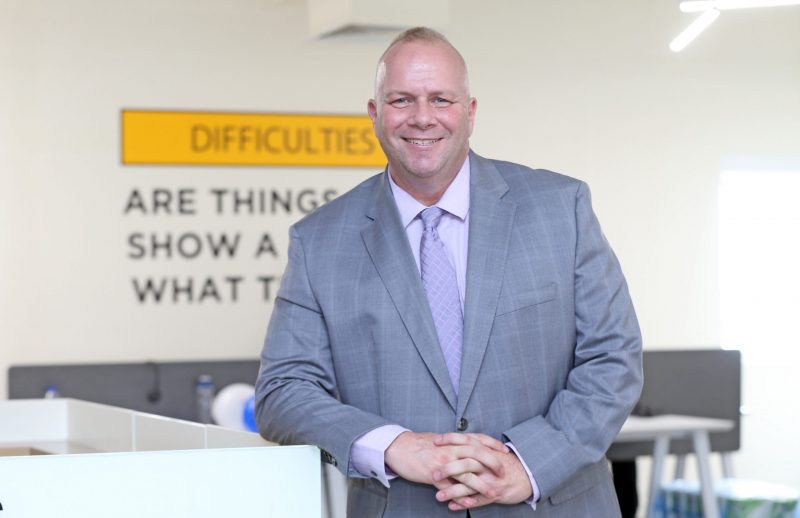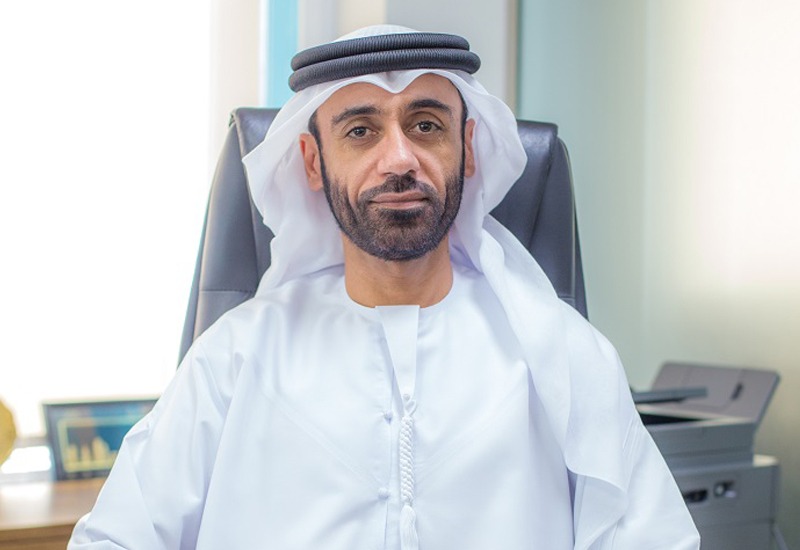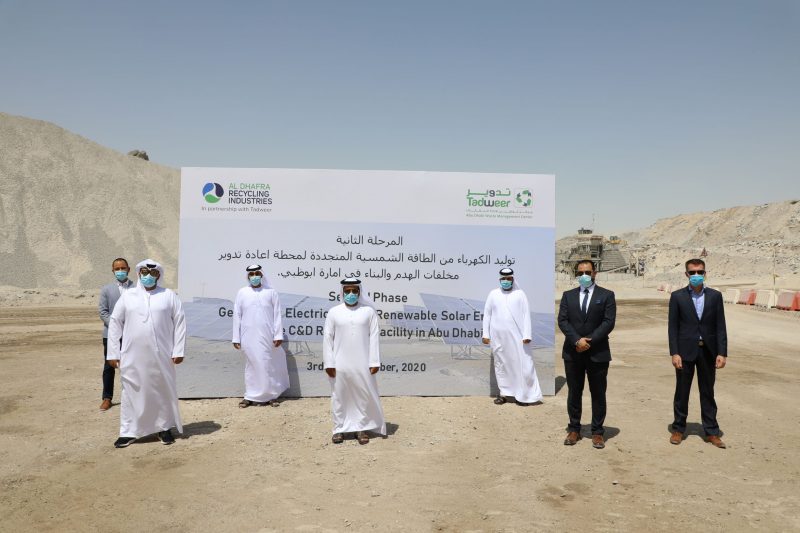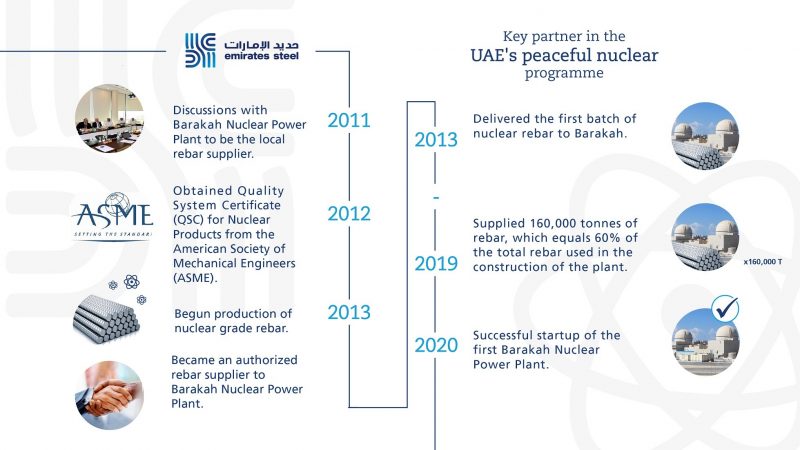Interview with James Michael Lafferty, CEO of Fine Hygienic Holding
Health and Safety

July 9, 2020, 9:43 am
UAE-based Fine Hygienic Holding‘s products have been in our homes long before the pandemic, from facial tissues to paper towels, as well as baby and adult care goods. As a result of the pandemic and the subsequent mandatory safety measures, we can now easily recognize the Fine logo on a very important product – the Fine Guard face mask.
The success of the reusable Fine Guard masks comes from the new self-disinfecting technology used in the masks, which has been confirmed by renown academic institutions to permanently kill coronavirus when in contact with textiles or surfaces. What makes them even better is that they are non-disposable and can be used for up to one year, which prevents the disposal of an average of 1000 single-use masks per person! This is especially crucial when considering that disposable masks have a lifespan of 450 years and have significant and environmental consequences.
Fine has been able to leverage their expertise to provide consumers with high-quality sterilized products since the start of the pandemic and has also ramped up production to meet Middle East Demand. The Sustainabilist spoke with James Michael Lafferty, CEO of Fine Hygienic Holding about the brand’s reusable products, safeguarding people’s well-being and the environment, and their contributions to local communities.
1. Fine Hygienic Holding has developed a protective mask that uses a technology proven to kill coronavirus. How does it work and how can you support this claim?
Over the past couple of years, we have been working closely with the Swiss biotech company Livinguard to develop products that keep consumers safe and healthy, including the Fine Guard face mask, using their proprietary technology. The layer of filtration on the Fine Guard sterilises air passing through, effectively neutralising bacteria, viruses and fungi on a molecular level. In initial testing, Livinguard-treated substrates inactivated a range of viruses including Polio, Influenza, Yellow Fever and Rota virus, amongst others, including Human Coronavirus.
Since the launch, three entities – the University of Arizona, the Free University of Berlin, and RWTH Aachen University – have confirmed the success of the Livinguard technology behind the mask and came to the same conclusion: it is 99.99% effective in killing pathogens of all types, including COVID-19.
2. As the face mask is reusable, meaning that it is not disposed of after every use, is its environmental impact lower than the single-use masks?
While it is important to manage health and safety during this crisis, it is imperative that we have one eye on the future and consider what the post-COVID-19 world looks like. At the rate we are consuming disposable masks, are we in danger of leaving the world worse off after we recover from the pandemic?
Billions, if not trillions of disposable masks – many made of non-biodegradable materials such as non-woven plastics – are going to end up in a landfill and oceans. These contain polypropylene and are filled with dangerous pathogens that break down slowly and wind up in food chains of several species of animal.
Conversely, a reusable Fine Guard mask has a one-year life with the Livinguard technology and two years as fully functioning N95 mask – provided it has the N95 filter. That equates to 1,095 disposable masks. Even when you look at it from an economic point of view, depending on how long you use the mask for, and how often it is washed, it can cost as low as $0.05/day.
3. With the proven safety of the masks along with its lower environmental impact, what has been the response from the market and how is Fine able to meet the demand?
The response from the market has been huge. Locally, we have a manufacturing plant in Ajman which is dedicated to supplying retailers in the UAE. The facility produces 8,000 Fine Guard masks a day which are distributed to brick and mortar shops, pharmacies, as well as online retailers.
Those 8,000 masks are part of the 30,000 daily produced units that supply Fine’s markets across the region and include customers in Jordan, Saudi Arabia, Egypt and Morocco.
We understand the demand for masks is at an all-time high and customers have prioritized quality masks that protect their health and this has been a massive driver in Fine’s move towards upscaling operations, which would increase production to 50,000 units per day.
4. During these trying times, it can be argued that the environmental impact of our actions and the goods we buy to keep us safe from pathogens, such as single-use gloves and masks, is being overlooked. What are your thoughts on ensuring health and safety of both people and the environment?
Fine is committed to ensuring consumer health and safety and minimizing our environmental impact. These are key pillars for us at Fine and have been massive drivers in the development of new reusable products. We now have the technology to do both so our rationale is, why shouldn’t we? Fine has a responsibility to its customers and the planet.
As a paper company, many people have approached us about producing disposable, paper masks. I don’t care how much money this would make, the simple thing to consider here is that personal usage of a non-biodegradable mask pushes up an individual’s plastic usage by a factor of 8. Walk around any city in the world right now and you are likely to see discarded disposable masks and gloves. We have a responsibility to the world and the environment, and for us, that is a major reason behind our decision to produce reusable masks and gloves rather than disposable products.
In addition to this, we the easing of movement restrictions, there are a new set of challenges for a company such as Fine. How do we keep protecting the communities when there is more freedom of movement and activity in general? The success of the Fine Guard Mask has started us on a road to develop a number of different solutions (both using Livinguard technology and other means) to maintain the health and safety for the individual and the masses.
We are primed to launch two different products that incorporate Livinguard: woven gloves and anti-viral wipes. Much like the masks, the gloves will be washable and reusable for up to one year, and will be stocked in local stores in the coming weeks. Additionally, Fine has also launched a fully operational disinfection solutions service that works to sterilize open spaces such as hotels, restaurants and schools. This business stream is further evidence of our commitment to hygiene, wellness and safety as we look to support governments, brands and communities responsibly while promoting consumer confidence and a safe environment for all across the MENA region.
5. Fine has made significant donations around the world in an effort to aid those impacted by the pandemic. As the world is currently characterized by high levels of economic uncertainty, what is Fine’s reasoning behind these large contributions?
We all have a part to play in keeping up the momentum in the fight against COVID-19 and as part of a USD 2 million relief fund set up by Fine to support and fund the communities we serve across the region, we have made significant contributions towards the UAE’s efforts.
Following the set-up of the fund, we have coordinated with organisations including the Emirates Red Crescent and Ma’an, the Authority of Social Contribution in Abu Dhabi, to donate hundreds of thousands of sterilized products and aid for those most in need. Fine is a wellness group that is built on valuing and promoting consumer health and wellbeing, and we take our responsibility to our communities and wider society very seriously.
Having access to effective hygiene products has never been more important. As a major producer of anti-viral face masks, Fine Guard, and the world’s only sterilised tissues, we are determined to do all we can to aid hygiene efforts in our communities.










